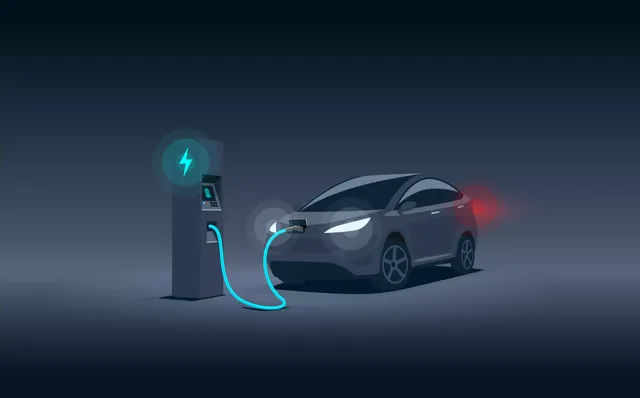EV vehicle
An EV (Electric Vehicle) is a vehicle powered entirely or partially by electricity. Instead of using traditional internal combustion engines (ICE) that rely on gasoline or diesel, EVs use electric motors powered by rechargeable batteries. There are several types of EVs:
1. Battery Electric Vehicles (BEVs):
• Fully electric, with no gasoline engine.
• Powered by large battery packs that need to be charged from an external source.
• Examples: Tesla Model 3, Nissan Leaf, Chevrolet Bolt.
2. Plug-in Hybrid Electric Vehicles (PHEVs):
• Have both an electric motor and a gasoline engine.
• Can run on electric power alone for short distances, with the gas engine kicking in when needed.
• Examples: Toyota Prius Prime, Ford Escape PHEV.
3. Hybrid Electric Vehicles (HEVs):
• Combine a gasoline engine with an electric motor but can’t be plugged in to charge.
• The battery is charged through regenerative braking and the internal combustion engine.
• Examples: Toyota Prius (non-plug-in), Honda Insight.
4. Fuel Cell Electric Vehicles (FCEVs):
• Powered by electricity generated from hydrogen fuel cells.
• Produce only water vapor as a byproduct.
• Examples: Toyota Mirai, Hyundai NEXO.
Benefits of EVs:
• Lower emissions (or zero emissions for BEVs)
• Reduced fuel costs
• Lower maintenance (fewer moving parts than ICE vehicles)
• Quiet and smooth operation
Challenges:
• Charging infrastructure availability
• Longer refueling (charging) times compared to gasoline
• Higher upfront costs (though often offset by tax incentives and lower running costs)
• Range limitations for some models
Are you interested in specific EV models, technology, charging infrastructure, or something else?
